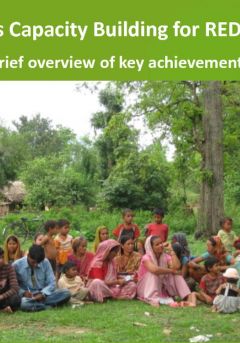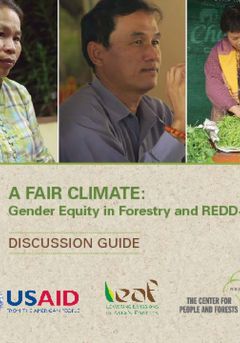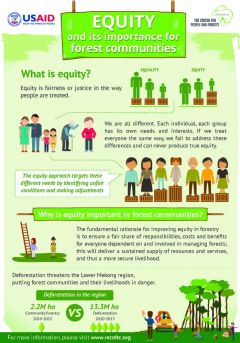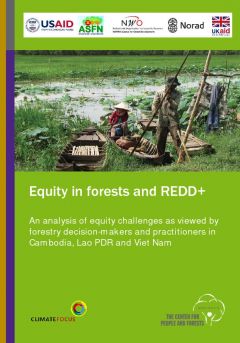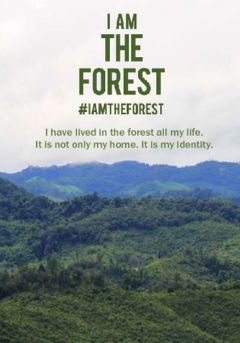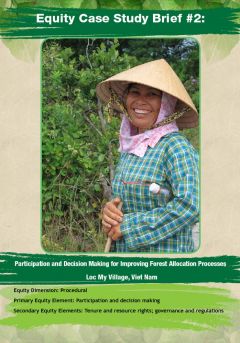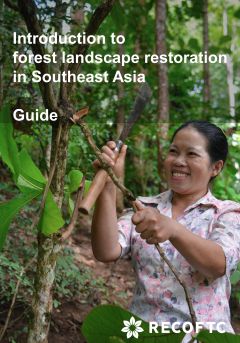Grassroots Capacity Building for REDD+ in Asia: Brief Overview of Key Achievements
This presentation highlights the key outcomes for Phase I and II and looks ahead towards the objectives and expected outcomes of Phase III of the Norad supported Grassroots Capacity Building for REDD+ in Asia project.

